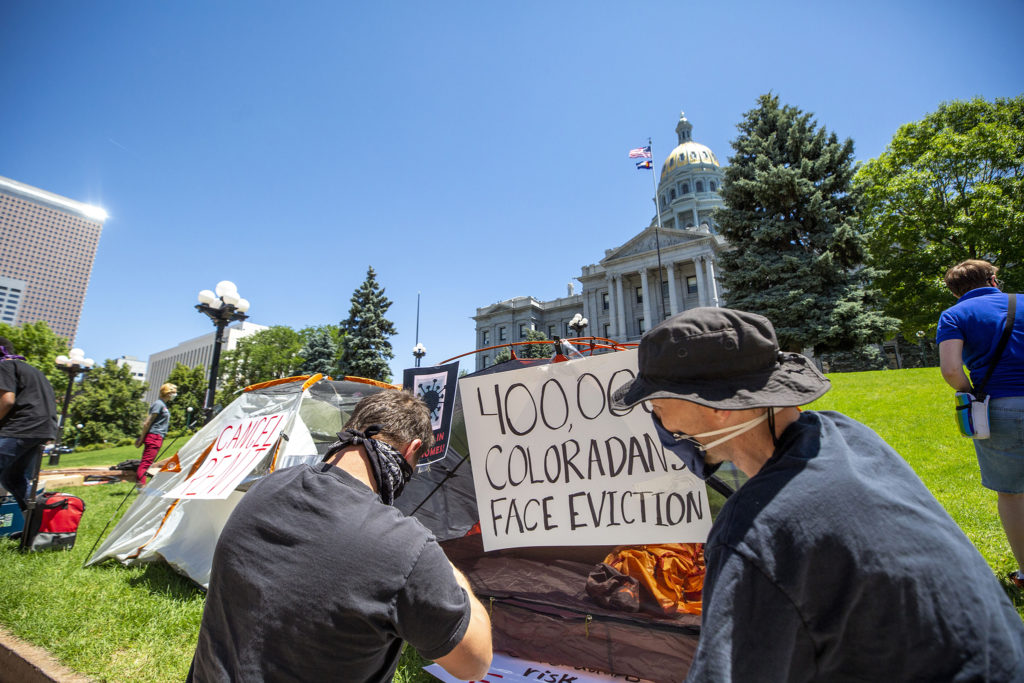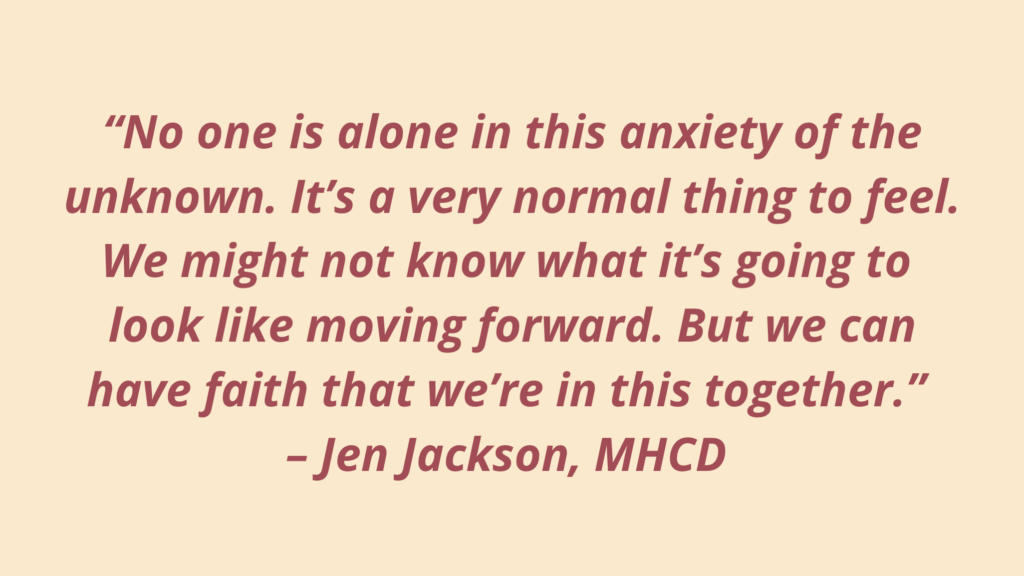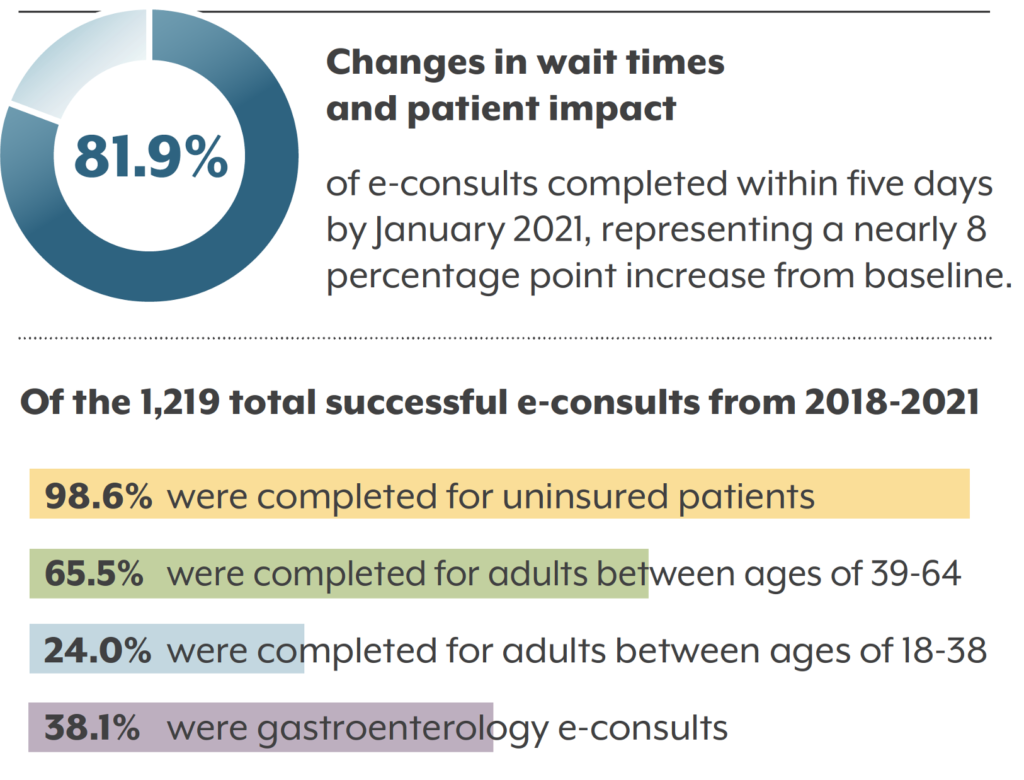Newsletter (September 2020)
Newsletter (June 2021)
jkld

In This Issue
An Eviction Crisis Is on the Horizon
.
There are several factors contributing to the uncertain status of the CDC Eviction Moratorium, which has protected thousands of renters nationwide from eviction during the pandemic. The moratorium is currently set to expire at the end of June; in March, it was extended for another three months less than a week before its expiration date. The moratorium is also being challenged in federal courts.
On top of that, states, jurisdictions, and judges are all interpreting the moratorium differently because it is an unusual use of CDC authority. Denver is applying CDC guidelines to bar landlords from filing evictions for nonpayment of rent. Meanwhile, in Jefferson County, sheriffs are actively evicting people who are behind on rent. Landlords also use other strategies to evict tenants, including lease violations, because the moratorium only prevents evictions for nonpayment of rent.
Governor Polis allowed the State of Colorado’s eviction moratorium to expire, so as soon as the federal moratorium is lifted, renters will be expected to pay the sum of what they owe in rent. Colorado Legal Services and other housing advocates are expecting a significant spike in evictions and bankruptcies as a result. Check out this CPR article for a list of resources available to Colorado renters and answers to commonly asked questions about the moratorium.
Denverites will also have access to legal representation during eviction proceedings in September after the City Council recently passed an eviction legal defense fund. Previously, tenants were represented in less than 1% of eviction cases. The Colorado Legislature also passed a bill that grants tenants additional eviction protections this session, SB21-173.
spacer

Emerging from the Pandemic Starts with Small Steps
.
Mental Health Center of Denver recently posted on their blog about post-pandemic anxiety and strategies to manage the unease many people feel about being in close proximity with others as things begin to re-open. Jen Jackson, a licensed clinical social worker and assistant program manager with MHCD, recommends that rather than avoiding social activities, “repetition and easing back into things may solve some discomfort”.
Project ECHO Colorado is also launching a new 6-week ECHO series for healthcare workers titled “Past the Pandemic: Mental Well-Being for You and Your Patients”. The series aims to provide concrete strategies to navigate pandemic-related stress, prevent burnout, and promote mindfulness. It will occur weekly on Tuesdays from 12:00-1:00 beginning on June 29th.
Takeaways from the Access to Specialty Care Engagement Network (ASCENT) Cohort
.
The purpose of this three-year grant program funded by Kaiser Permanente Colorado was to improve access to specialty care for uninsured or Medicaid-insured adults in Colorado. The 5-organization cohort sought to tackle this pervasive barrier to care by connecting specialty care safety net programs in Colorado, coordinating patient referrals to specialty care practices, and offering e-consults. MHHA and other ASCENT cohort members are reflecting back on the progress achieved and identifying major takeaways from the cohort’s work, which began in 2018.
The Colorado Health Institute recently published several materials summarizing the ASCENT Cohort’s work:
spacer
Ensuring Access to Monoclonal Antibody Treatment for COVID-19
Mile High Health Alliance is working on a statewide initiative led by CU Anschutz with the goal of ensuring that people in Colorado who test positive for COVID-19 and are eligible have access to monoclonal antibody (mAb) treatments. MAb Colorado is working to reach both providers and patients about the availability of mAb treatment, which has FDA approval under Emergency Use Authorization to treat mild-to-moderate COVID-19. Research has demonstrated that mAb treatment is a highly effective method of preventing severe COVID-19 symptoms in individuals who have recently contracted COVID-19, and it is available to people who are deemed high risk for severe COVID-19 symptoms and meet eligibility criteria.
We want to learn more about awareness of monoclonal antibodies (mAbs) as a treatment for COVID-19 among people in Colorado, and are collecting feedback via a 10-minute community survey. Participants will receive a $25 gift card.
MHHA Hosts Active Bystander Training to Stop AAPI Hate
In response to the widely documented rise in anti-Asian hate incidents occurring in our communities and throughout the United States, MHHA teamed up with Defend Yourself, an anti-violence program based in Washington, D.C., to learn and practice effective bystander intervention and de-escalation tactics. Thanks to our member and partner organizations who joined us for the training. We look forward to working together to build a future where people of all identities can thrive, and where hate is not tolerated.
Reading & Resources
- Renters Rights & Resources (Denver-specific) – MHHA
- MHHA’s Guide to Referral Platforms and Vendors Active in Colorado
- Mental Health Parity and Addiction Equity Report, FY 2020-21 – HCPF
- Health-Related Bills that Passed in Colorado’s 2021 Legislative Session
